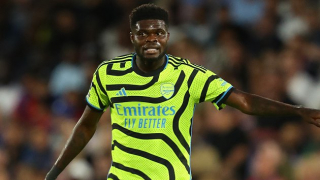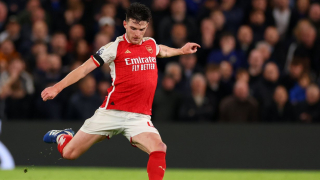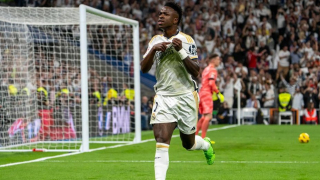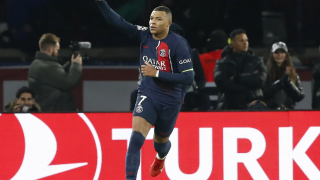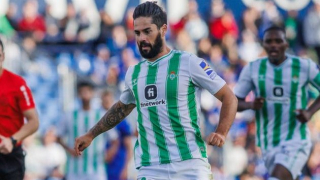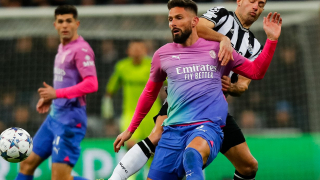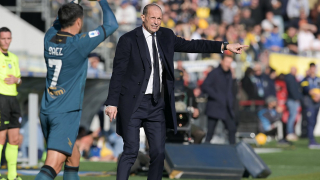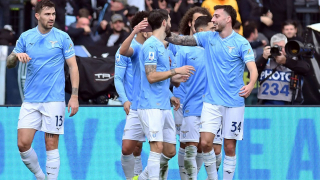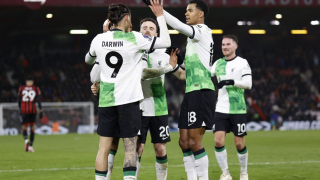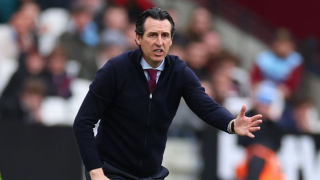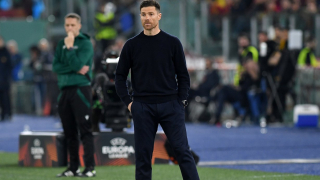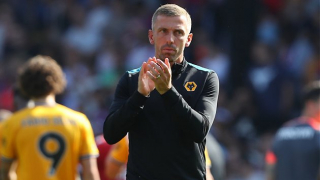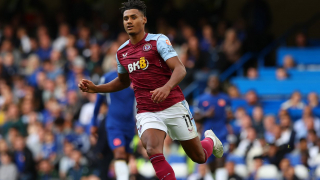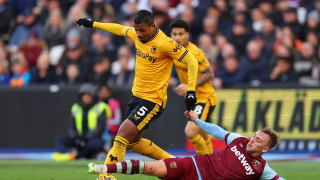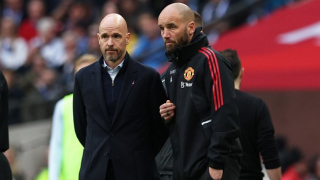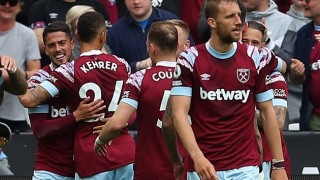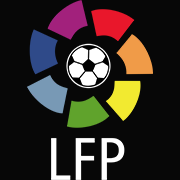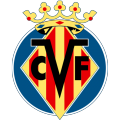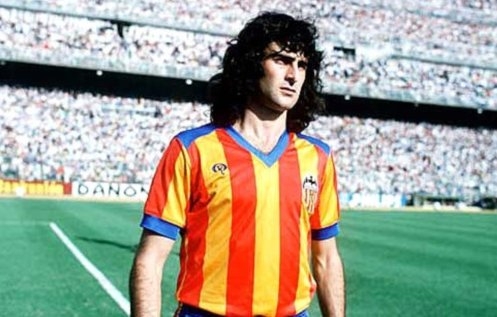Few top-tier European clubs are based in a city as small as Villarreal CF yet few bring through as many academy graduates as the Spanish club do. Club president Fernando Roig has embraced a professional approach to youth development and it is an example for teams across the continent to follow.
Villarreal CF are a relatively new team at LaLiga Santander level. The club from the city of Vila-real in the province of Castellón on Spain's eastern seaboard, with a population of just 50,000 people, only achieved their first promotion into Spain's first division as recently as 1998. However, the Yellow Submarine have spent 20 of the 22 seasons since then in the top division and have even finished inside the top six in six of the past seven years.
There are many factors to the club's success, but one of the most common answers when this question is brought up is that the Villarreal CF academy is the driving force of their achievements.
The evidence and the numbers back up this assertion. Of the 25 most-used players by Unai Emery in the 2020/21 season, 11 of them have spent at least some time in the club's famed youth academy. There's no goalkeeper among that group of 11, but Swedish youth international Filip Jorgensen is currently training with the first-team squad as third-choice goalkeeper – he is yet to debut but has already been named to matchday squads in both the Copa del Rey and European League. There are starting forwards Gerard Moreno and Moi Gómez, solid full-backs Mario Gaspar, Jaume Costa and Alfonso Pedraza, experienced midfield men Manu Trigueros and Dani Raba, in-demand centre-back Pau Torres and emerging prodigies like Samuel Chukwueze, Alex Baena, Fer Niño and Yeremy Pino.
This is the current crop, but Villarreal CF also trained up a star like Santi Cazorla in the past, while Rodri Hernández, Pablo Fornals and Borja Iglesias are currently playing for other top clubs after spending time in the Villarreal CF school as youngsters.
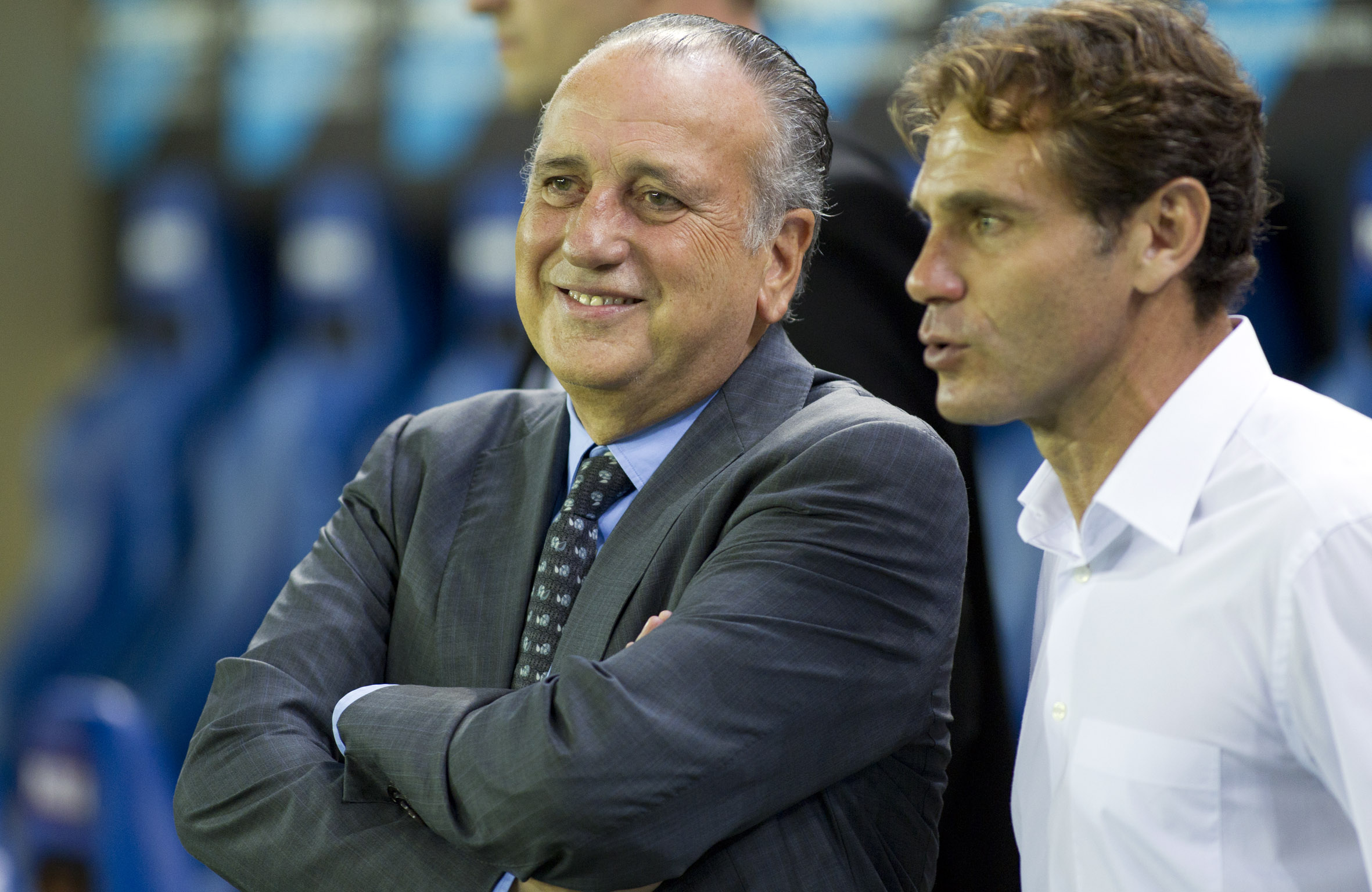
Fernando Roig, Villarreal president
So, how do they do it? How is a club from such a small city and with far less top division history than most of its competitors able to develop and produce so much talent on a consistent basis?
In the view of the club's director of methodology, Luis Arnau Pilar, president Fernando Roig deserves a lot of the credit. Roig took over at the club in 1997 when they had never played a minute of top-tier football. Now, they're into their 21st LaLiga Santander campaign.
"When Roig arrived at the club, the first thing he did was build a sporting complex. He was very clear in his mind that the base of the club had to be the academy," says Arnau. "From the very beginning, he was clear about this with his gestures and his actions. The president is a person who has managed youth football carefully, sometimes going to watch the first team and then catching the flight back to go and watch the B team. By always being very present when it comes to youth football, this is transmitted to all of us who work at the club. When you watch a youth match at the alevines or even benjamines level, the president might appear and stay to watch the game and enquire about the names of the players. He creates interest in that way and it's part of his identity."
The conveyor belt of talent never seems to slow down, with yet more players making the jump to the first team during the 2020/21 season. Arnau continued: "In recent seasons, we have been able to promote two or three players into the first team every year and see them stay there. That's very difficult. This year, for example, we've had Alex Baena, Yeremy Pino and Fer Niño. They've played in LaLiga Santander and the Europa League. These are examples of players who we've had since they were at cadete level, while in the case of Baena we've had him since the alevines. Now, they're becoming important members of the first team."
At this moment, Pau Torres is one of the poster boys of the academy's success as he only just turned 24 in January yet he has already earned seven caps for Spain's senior squad. Born in Vila-real, Torres arrived at the club as a five-year-old and has passed through all the categories, to the point where he is now one of the first names on the team sheet each week. "This speaks well of the work that takes place behind the youth development project and it speaks well of all the people here," said Arnau who was actually the centre-back's first youth coach when he arrived at the club all those years ago.
Villarreal CF know, though, that they can't rely on a Pau Torres emerging from Vila-real every year. There's a need to look further afield when scouting the talent of the future. On this, the director said: "We want to try to reach young players early. We're in a province of 300,000 people, so we have to bring players in from further afield and they stay at the residency. We have great value in our residency and the complete education we offer players. We have a network of scouts across Spain, in all the autonomous communities. We have three scouts in Andalusia, in Madrid too, in Cantabria, in Barcelona… They work to try to recruit or see these players. The age range in which we most recruit players is between 12 and 14 years."
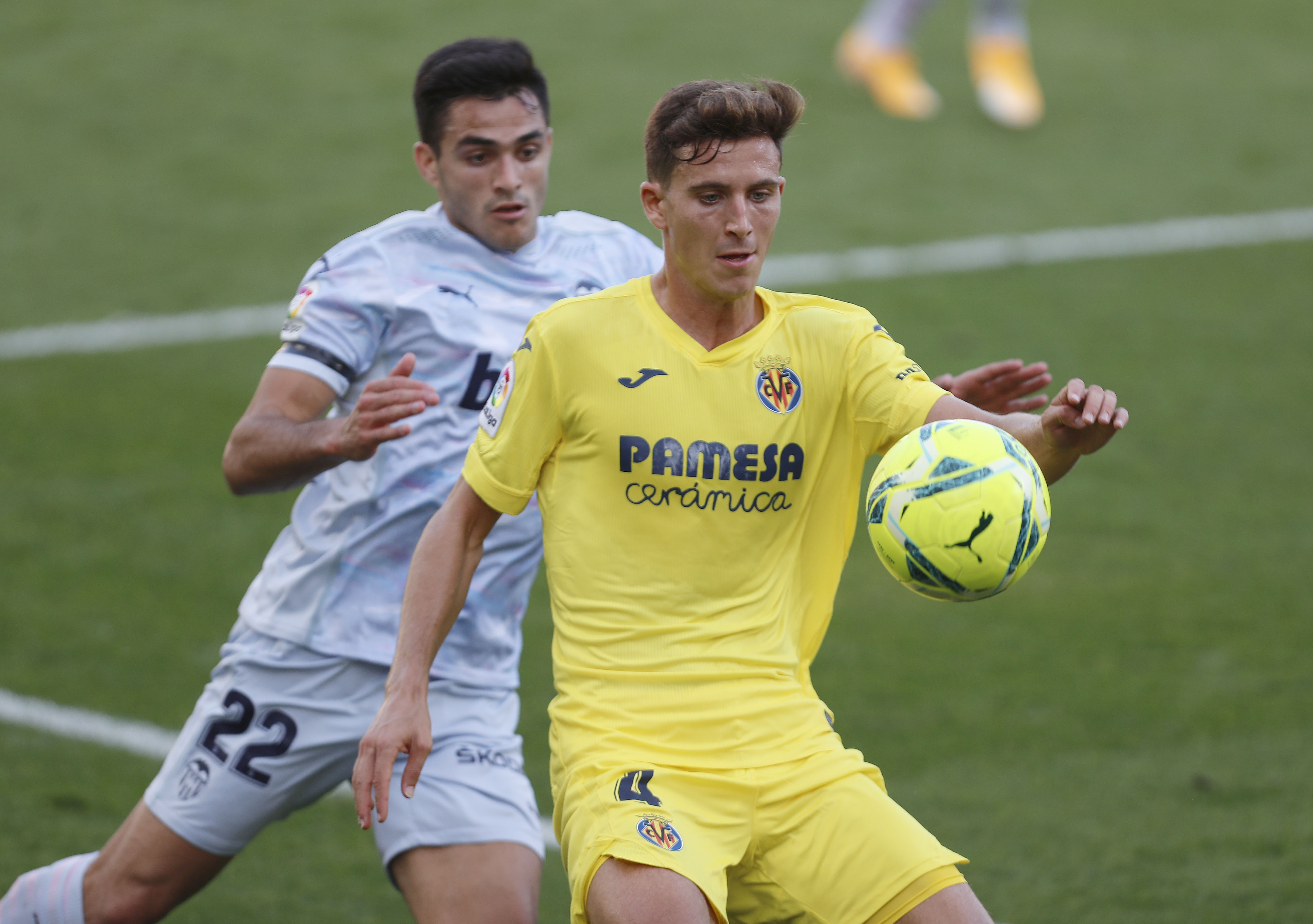
Pau Torres, Villarreal's homespun defender
A CLUB DEVELOPING TALENTED PLAYERS AND GOOD PEOPLE
Once players arrive at the club from further afield, they find state-of-the-art facilities as Villarreal CF understand the need to put a lot in to get a lot out of their academy. Even in these times of the COVID-19 pandemic, the club have increased their youth football budget. The pandemic has brought about the need for even more staff and teachers and studies, not the opposite.
"I think the most radical change here has been the professionalisation of youth football as a whole," says Arnau. "It has happened in all departments, with coaches and even psychology. We have something unique in this world as we have a psychologist, one for each team to help the coaches to develop and help the players. This shows the different mentality that Fernando Roig and the club possess. There are many players who won't reach the first team and we believe there needs to be an individual project for each player at the club."
On the philosophy of developing good people as well as good footballers, he continued: "In our project, there's as much the studying part as the personal part as the football part. The football is important, but if one of our players improves and is responsible with their studies and has stability in their life then it's easier for them to reach the first team and to settle. This was a problem we had at first as we would have a very talented player who couldn't manage to reach the first team and stay there. Now, those who go up manage to settle. I think this is due to all the emphasis we give to working with them in a very complete way."
This philosophy, which Arnau repeatedly highlights, is one which is being increasingly emulated not only in Spain but abroad too. "Thanks to LaLiga, we're working increasingly closely with other clubs. Bringing the clubs together was a necessary step," he says. "Improving youth football across all clubs in LaLiga is something that benefits us all. And it's something that you can then set as a reference for other countries. The improvement of programmes at clubs like ours has a direct impact on the quality of players in LaLiga Santander. It's what continues to make us the best league in the world."
Villarreal, like a host of other clubs across Spain, are this year benefitting from two new tools introduced by LaLiga and the league's Sports Projects department. These tools were presented at the 2020/21 Academies Meeting: LaLiga Training Hub – that will have prestigious speakers who guide professionals through a series of educational modules – and the new academies management and control software.
"These applications give us tools which we simply didn't have access to before," says Arnau. "It's so important for us to make our development programmes as professional as possible. And we're now seeing visits from federations and clubs in England, France… they want to see how we do things, things that we do very well in LaLiga."
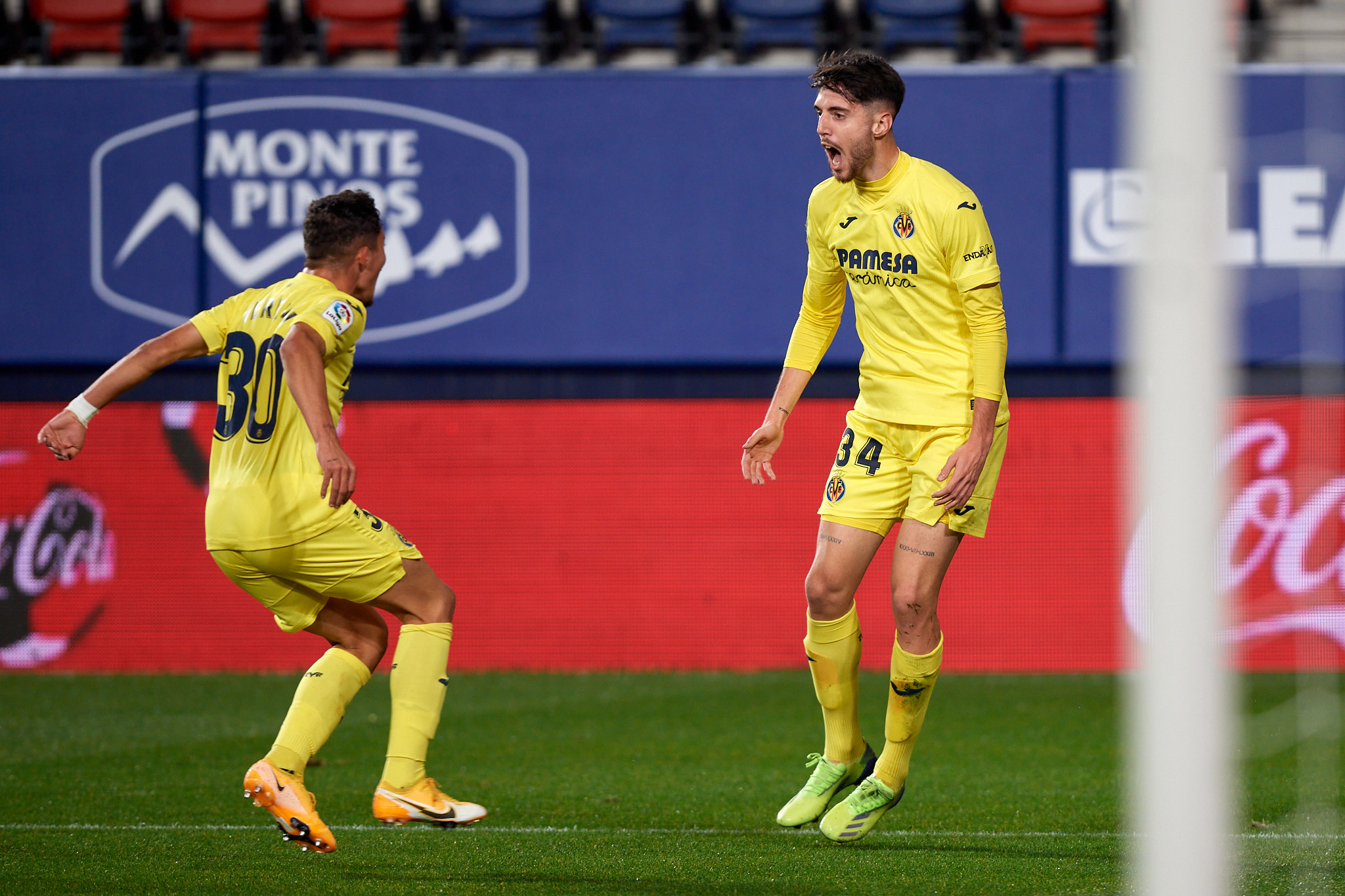
Yeremy Pino and Fer Nino
SENSIBLE LOANS TO HELP WITH THE TRANSITION
As players are coming through to the senior level, Villarreal CF's approach to the loan market is another reason for the success of the academy. Aware of how many talented players could emerge each season and how there is increasingly more and more quality in the senior squad, as Villarreal CF compete on three fronts each year, Arnau and co. do a admirable job of finding suitable loan destinations for certain players on the bubble between starring for the B team and the need to earn senior minutes.
This year, there are 17 players loaned out in professional football and in various different leagues. For example, left-back Xavi Quintillà is with Norwich City in England, winger Mario González is at Tondela in Portugal and right-back Miguel Ángel Leal is developing at FC Groningen in the Netherlands. There are even players who have stayed in Spain and who are taking their next steps at LaLiga SmartBank level, like centre-back Jorge Cuenca or midfielder Manu Morlanes who are both doing well in an exciting UD Almería team pushing for promotion to the top flight. "We've had many players who have developed at another team before returning and settling into the first-team squad, such as the cases of Alfonso Pedraza or Moi Gómez," says Arnau.
Pedraza and Gómez are now two of the many academy graduates playing regularly for Unai Emery as Villarreal CF compete domestically and internationally. Just a few decades ago, it would have been impossible to imagine such a situation. As Arnau says: "This is a project that has been going for 23 years now, ever since our president arrived here. He has always been very clear that the academy needs to be the cornerstone upon which the first team is built."

